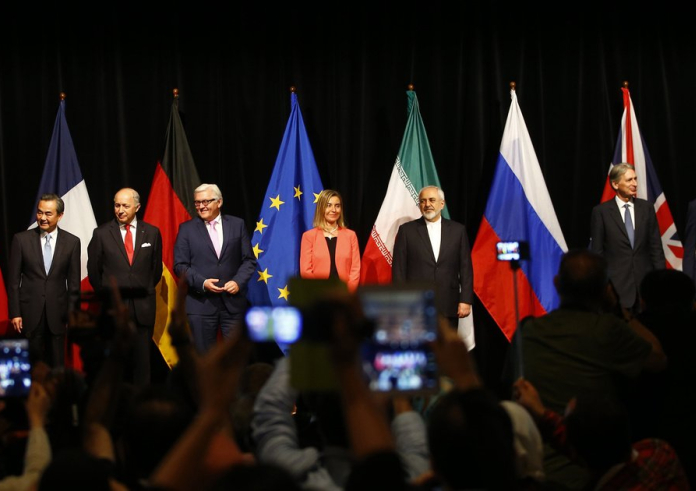Over the past year, House Republican leaders have hindered progress on a Senate-approved bipartisan bill aimed at repealing authorizations for the use of military force (AUMFs) from the 1990s and early 2000s, originally intended for the Iraq wars.
Despite the Senate's decisive 66-30 vote in favor of the legislation last March, the bill has languished in the House. Remarkably, the bill enjoys support from a wide spectrum of lawmakers, including conservative Republicans, centrist representatives, and left-leaning Democrats.
AUMFs, while not declarations of war, have become the norm for Congress to grant authority for military engagements. However, leaving outdated AUMFs on the books risks granting unchecked power to the president to deploy troops or launch attacks without proper congressional oversight.
The evolving conflicts in the Middle East have reshaped the discourse surrounding the removal of the two Iraq AUMFs. Representative Tom Cole, an original co-sponsor of the bill, expressed hope for its advancement, emphasizing the bipartisan consensus behind it.
With 71 co-sponsors representing diverse political backgrounds and 30 states, the House bill appears poised for passage. However, progress has been hampered by differing approaches between the House Foreign Affairs Committee and the Senate-passed bill.
As efforts to repeal and replace the outdated AUMFs face hurdles, bipartisan cooperation remains essential to address concerns over unchecked executive power and ensure proper congressional oversight of military engagements.

















